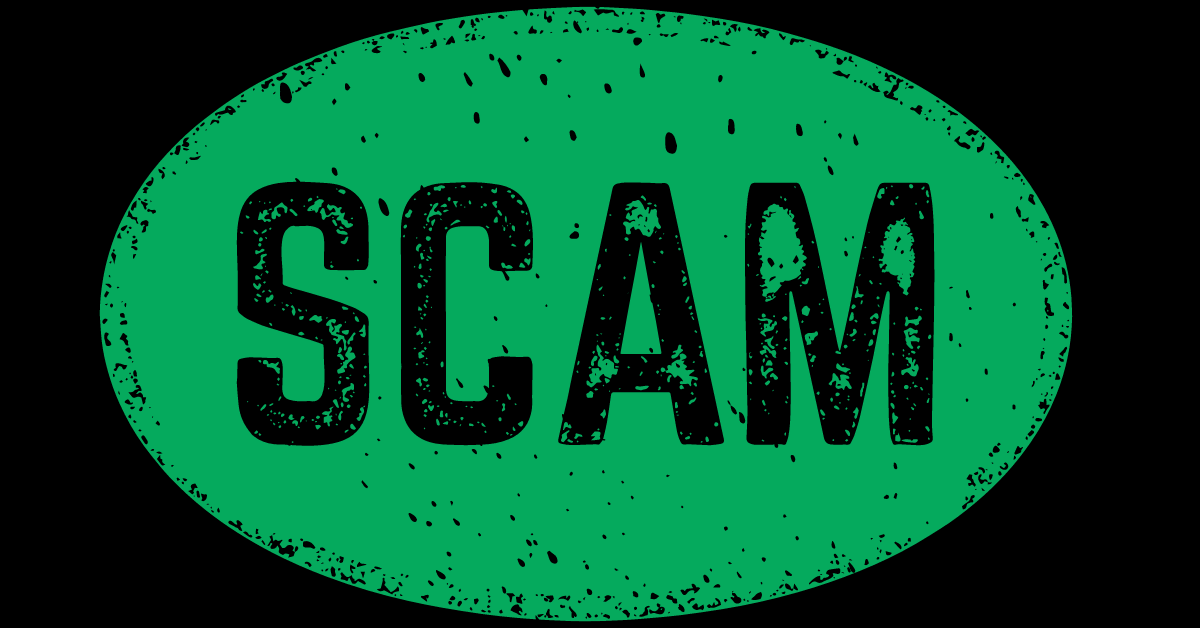
I knew a little about ESG – environmental, social, and corporate governance. I even saved a few articles to my pile, but when Tesla was recently booted from the index and Elon Musk called it a scam, I thought, this is a good time to investigate. Musk took to Twitter, “Exxon is rated top ten best in the world for environment, social & governance (ESG) by S&P 500[1], while Tesla didn’t make the list!” And later, he added, “ESG is a scam,” followed by “It has been weaponized by phony social justice warriors.” Raarrr! Let’s take a look.
I wrote two months ago in Inclusive Bottom Up Energy Conversations that Twitter is the echo chamber of the censorious regime, including the World Economic Forum (WEF) and mega investment firms like BlackRock and Vanguard. Remember, WEF’s vision for younger millennials and Gen Zers is you will own nothing and be happy. In other words, Klaus Schwab (WEF), Bill Gates, and Larry Fink (BlackRock) will manage your life for you.
Coincidence?
Twitter accepted Musk’s bid to buy Twitter on April 25. Standard and Poor’s, which manages the ESG index, booted Tesla from its exclusive list of excellence, while including Exxon, on May 18. That, my friends, is no coincidence.
Holmen Jenkins with The Wall Street Journal likes to feature ironies, double standards, and troubles of companies scamming the green and renewable agenda, so I thought I might find his take on ESG. I could not find that he skewered ESG. Hmm. ESG is a product of Standard and Poor’s, tied to Dow Jones, which is part of News Corp that owns The Wall Street Journal. There you are.
ESG Claims
From S&P’s ESG website: “ESG considerations—from the impact of climate change and carbon emissions to equality and human rights—are creating unpriced risks in financial markets. A global transition is underway to finance a more resilient, sustainable global economy.” And “S&P Dow Jones Indices remains a leader today, combining rigorous company analysis, robust methodologies, and cutting-edge modeling to deliver state-of-the-art indices for a wide range of ESG benchmarking and investment applications.”
The cliché dictionary got a workout from those writers.
ESG, a Weapon
That sounds joyous, but how does it work in action? Remember the term greenwashing? Greenwashing is one level of mostly insignificant fraud, but undefined ESG ratings can be weaponized to inflict financial pain on companies and their shareholders. The State of Utah, for example, claims state and local communities get hit with lower credit ratings by the almighty S&P ESG lords. That costs taxpayers and citizens because state and local sales taxes vary from 4.7% to 8.7% in the state. If you buy stuff from businesses, you may be a victim of ESG because the government you fund may be considered a greater credit risk and, therefore, cost you more taxes to finance debt.
In response to the above-linked article, ESG advocates from New York wrote, “The integration of environmental, social and governance (ESG) investment practices is not left-wing or right-wing. It is an apolitical practice geared toward delivering transparency so investors can make informed decisions.”
Transparency? CNN reports on Tesla’s removal from the ESG index, “The move [Tesla’s excommunication from the ESG index] comes in the wake of allegations of racial discrimination and poor working conditions at Tesla’s main American factory, as well as safety investigations into its technology.”
Allegations? I’m 0.00% on board with taking down people, companies, families, and shareholders on “allegations.” Lies and fabrications known as allegations vary from dirty to evil. Does S&P realize Tesla’s sins are allegedly taking place in California, the most invasively regulated state in the country? Where are the OSHA fines and discrimination lawsuits?
My allegation is this: Musk is threatening the regime, and they will not stand idle and let him take or ruin their megaphone. Twitter agreed to a meager takeover price, and there are looming charges of millions of fake accounts. That matters because Advertisers are paying to reach fake accounts, not to mention a bogus stock price.
Motley Fool
To wrap up, Motley Fool provides an assessment that seems down the middle. Fool lists three risks of ESG investing that I cropped for brevity:
“1. Lack of universal ESG standards. There are no agreed-upon standards for evaluating ESG performance.” They must be joking! Compare this to LEED or ENERGY STAR performance. Scam!
“2. No long-term data on the financial performance of ESG companies. Longer-term data could show that ESG companies aren’t as resilient as once thought.”
“3. Companies could stop voluntarily reporting sustainability data and ESG issues.”
The Buried Lead
After 2-3 hours of investigating ESG, I found the buried lead in a Wall Street Journal article. “The SEC’s [Securities and Exchange Commission] probe is the latest known instance of regulators’ scrutiny of ESG investing, which has been a boon for asset managers that struggled in recent years to compete with low-fee index funds.”
It is a scam to make money by tricking investors out of index funds, manipulating markets, and punishing nonconformists. The article also says, “Regulators have sometimes expressed concerns that ESG—which doesn’t have a defined regulatory meaning—can be a superficial way to market financial products to shareholders’ desire to address subjects such as climate change or diversity in the workplace.”
Scam.
Why Does This Matter?
In the last couple of months, I considered the possibility of helping corporations improve their ESG standing. Now that I see its subjectivity, and, shall we say, questionable purpose, no, thank you.
[1] Exxon is in the top ten holdings of the S&P ESG index, not ranked in the top 10 by ESG score. Nevertheless, Exxon is in and Tesla is out.
